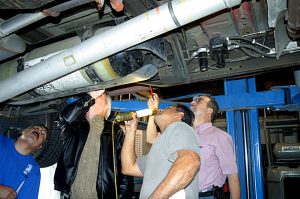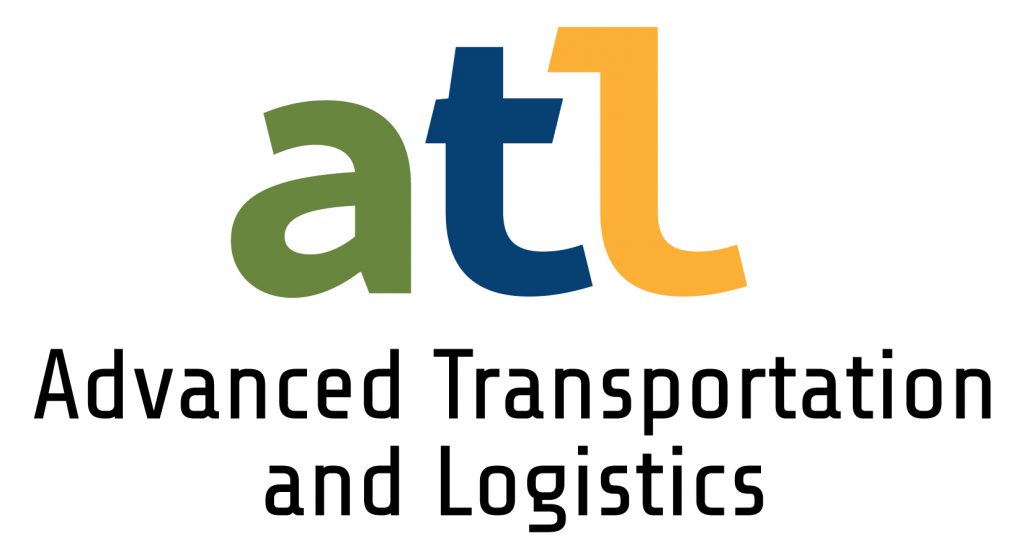 Since 2011, four community colleges from the Los Angeles area have partnered to deliver customized workplace training and education to municipalities and transit agencies statewide.
Since 2011, four community colleges from the Los Angeles area have partnered to deliver customized workplace training and education to municipalities and transit agencies statewide.
Together, they have developed curricula, fostered industry relationships, and met the immediate training needs of municipalities and public transit agencies statewide. Beyond providing critical training to students, this partnership is an example of how community colleges can work together and harness their collective power to achieve shared goals.
The multi-college collaboration began in 2011 when El Camino College received multiple contracts from the Employment Training Panel (ETP) to deliver workforce training programs to municipalities seeking to deploy advanced transportation and alternative fuel technologies.
Since that initial contract, ETP has provided more than $3 million each year to support workforce training related to alternative fuel vehicles and other advanced transportation technologies.
“This funding gives us a unique opportunity to work with municipalities through our multiple employer contractors through contractors like El Camino and other community colleges,” said ETP Executive Director Stewart Knox.
 The increased funding from ETP also meant that El Camino was able to partner with other community colleges to fulfill the contracts. The partnership now includes Cerritos College, Long Beach City College, and City College of San Francisco.
The increased funding from ETP also meant that El Camino was able to partner with other community colleges to fulfill the contracts. The partnership now includes Cerritos College, Long Beach City College, and City College of San Francisco.
A total of 57 California public employers, county regional transits, cities, municipalities, and businesses that are engaged in alternative and renewable fuel and vehicle technologies participated in the training program, resulting in more than 36,000 hours of training for 1,213 participants.
CETI Sector Navigator Peter Davis said this collaboration refutes claims that the community college system is too large and cumbersome to meet employers’ ever-changing workforce training and education demands.
“We have learned to work together better as community colleges. Because of this partnership, we have deeper shared industry knowledge and insights, which helps us win more contracts and deliver better workplace training, Davis said. “These successes bring many benefits to the colleges. The beta-tested training curriculum we’ve developed with our industry partners also helps to strengthen the colleges’ career technical education programs.”


